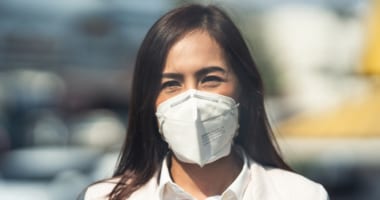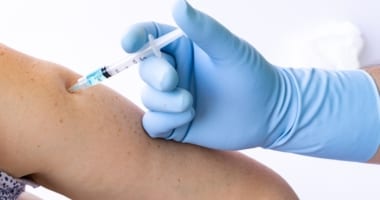President Trump signed the $900 billion economic relief bill last night. The measure, part of a larger federal spending bill, is estimated to increase 2021 Medicare reimbursement for allergy by 10%, rather than the previously announced 9% increase. As soon as the exact payment amounts for 2021 are published, we will post them on our website.
Due in part to the advocacy efforts of the College and other medical organizations, the legislation includes protection for patients from out-of-network (OON) “surprise” medical bills. The No Surprises Act allows providers to pursue independent dispute resolution and prohibits arbiters from considering federal payment rates. Removed from the bill language was a passage not requiring patients’ payment of medical bills received after 90 days.

Other key changes of importance to allergists include:
- The Paycheck Protection Program (PPP) now will allow recipients to deduct forgiven PPP loans, increases the types of forgivable eligible expenses, and expands PPP eligibility to certain 501(c)(6) nonprofit organizations. In addition, the bill creates a second PPP loan opportunity, called a “PPP second draw” loan, with a maximum loan amount of $2 million.
- The 2% Medicare sequestration will be suspended from Jan. 1 through March 31, 2021.
- Delayed payment for the HCPCS complexity add-on code G2211 until 2024.
- Continued coverage of the temporary transitional home infusion therapy services for Medicare patients on biologics and IVIG/SCIG.
- Extension of the Medicare IVIG demonstration project through December 2023.
- An additional $20 billion for Economic Injury Disaster Loans (EIDL) Advance Grants.
- Extended small business administration (SBA) Debt Relief Payments.
- Extends and expands the CARES Act employee retention tax credit (ERTC).
- Funding for 1,000 new medical residency slots to address physician shortages.
- $50 million will be available for grants to public institutions of higher education to expand or support graduate education for physicians provided by such institutions.
- $20 billion for procurement of COVID-19 vaccines and therapeutics.
- $9 billion to the CDC for vaccine distribution.
- $22 billion to states for testing, tracing and COVID mitigation.
The College’s Advocacy Council will continue to review the more than 5,500 pages of legislation and provide a more detailed summary of changes important to our members in the near future. The Advocacy Council – we have you covered.


